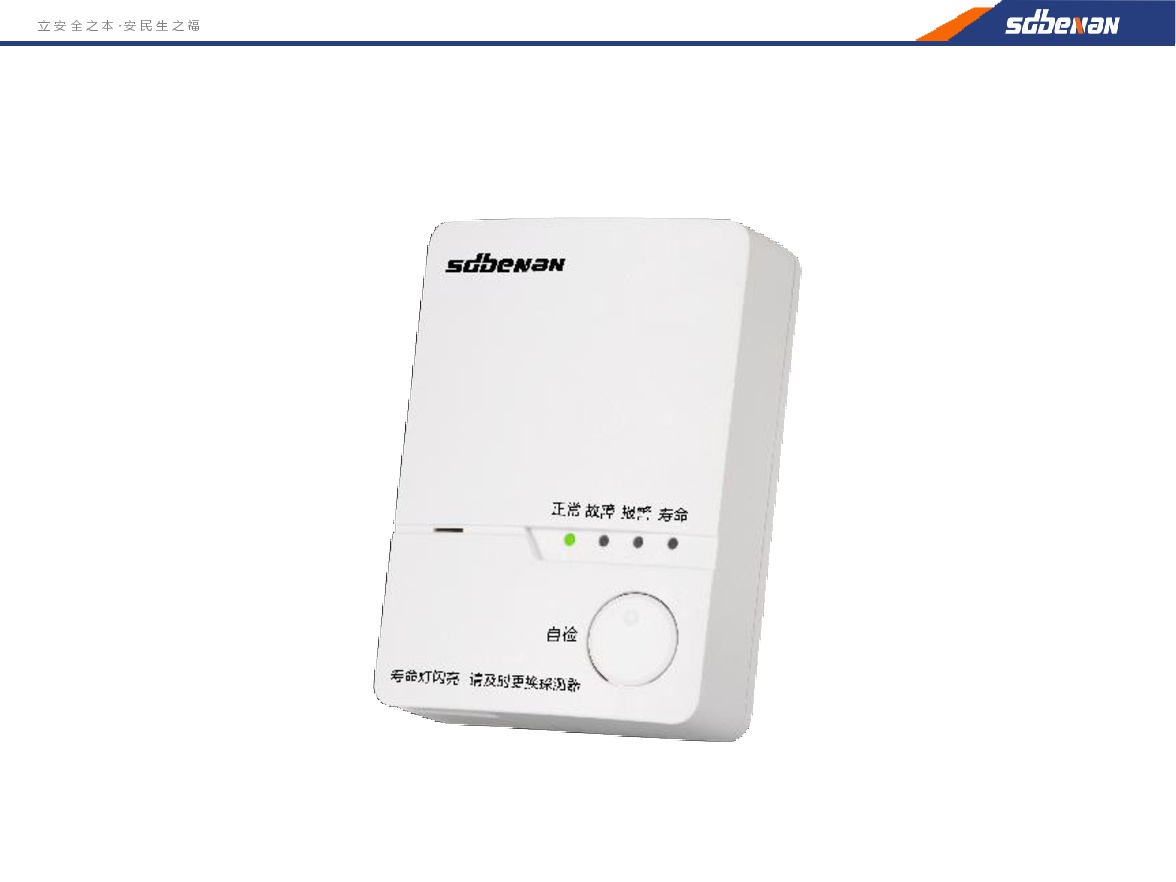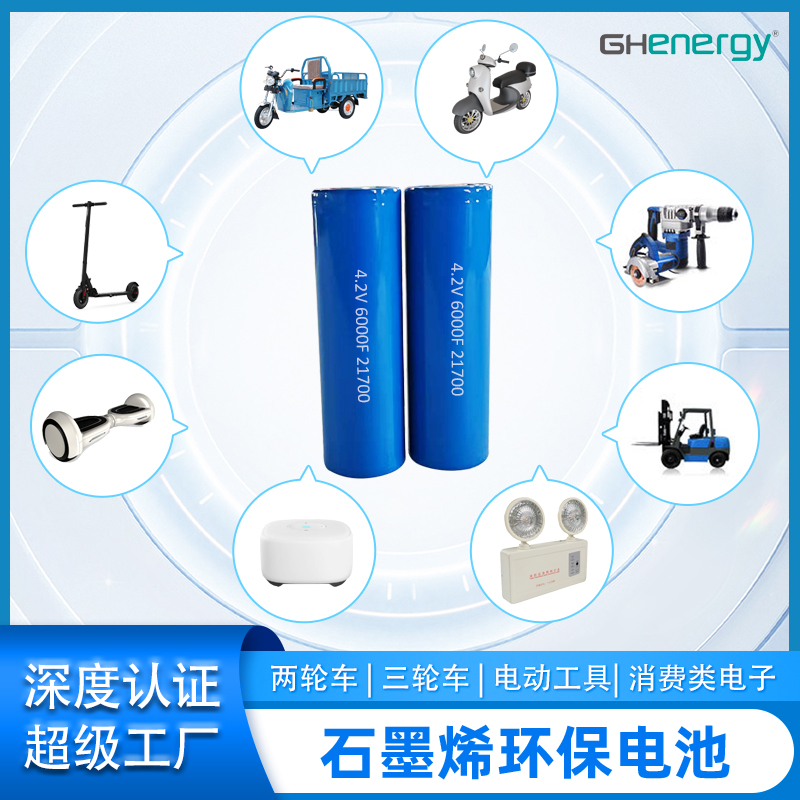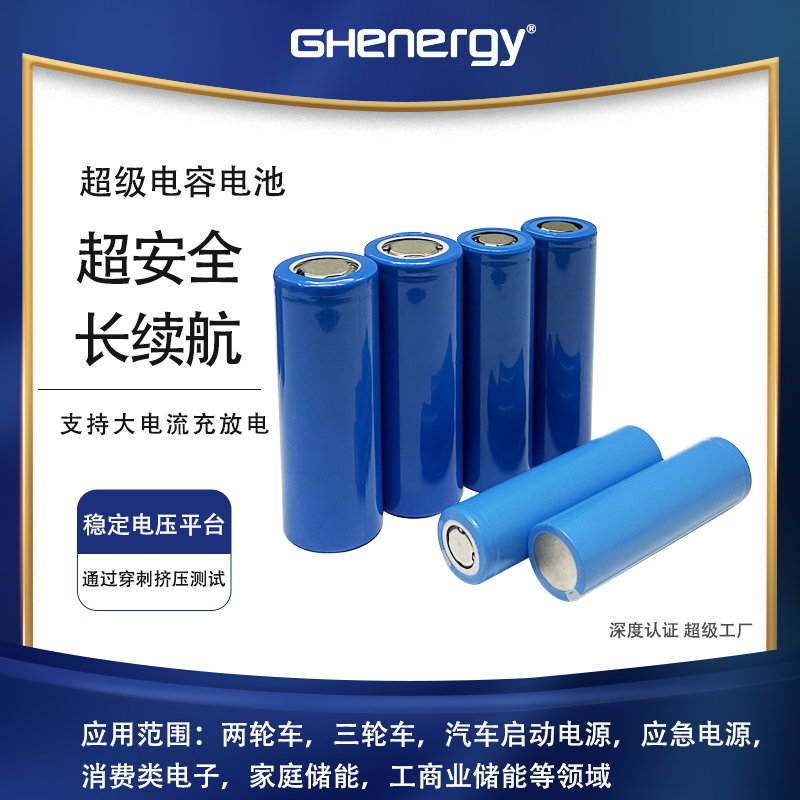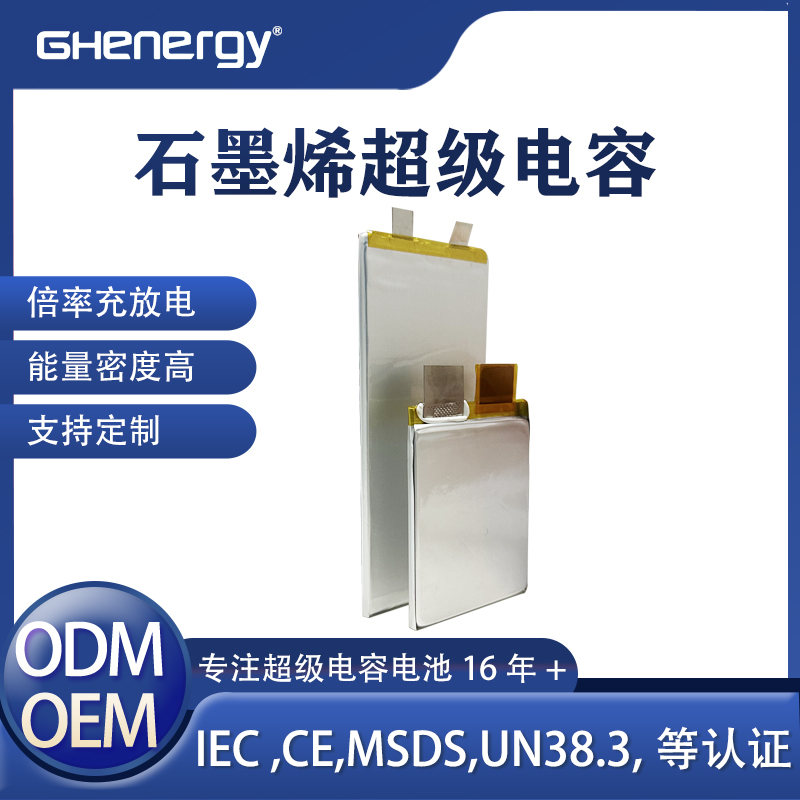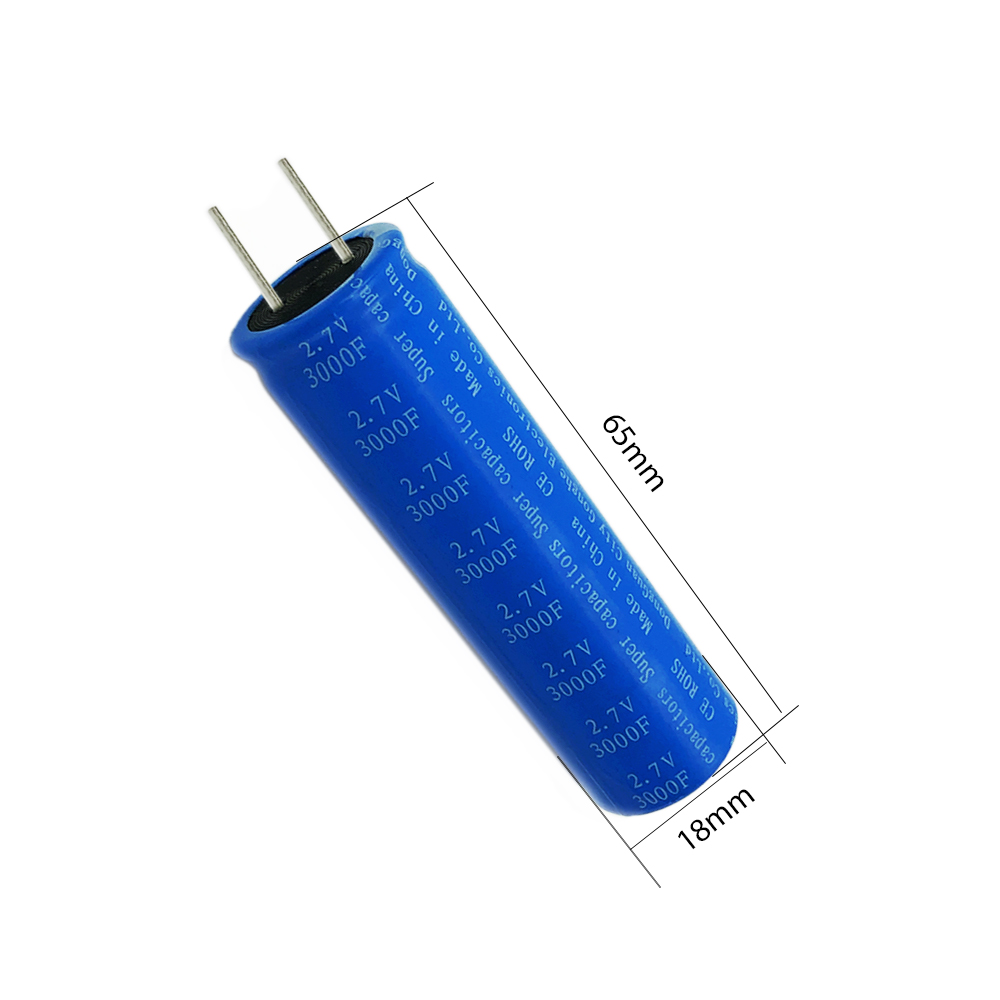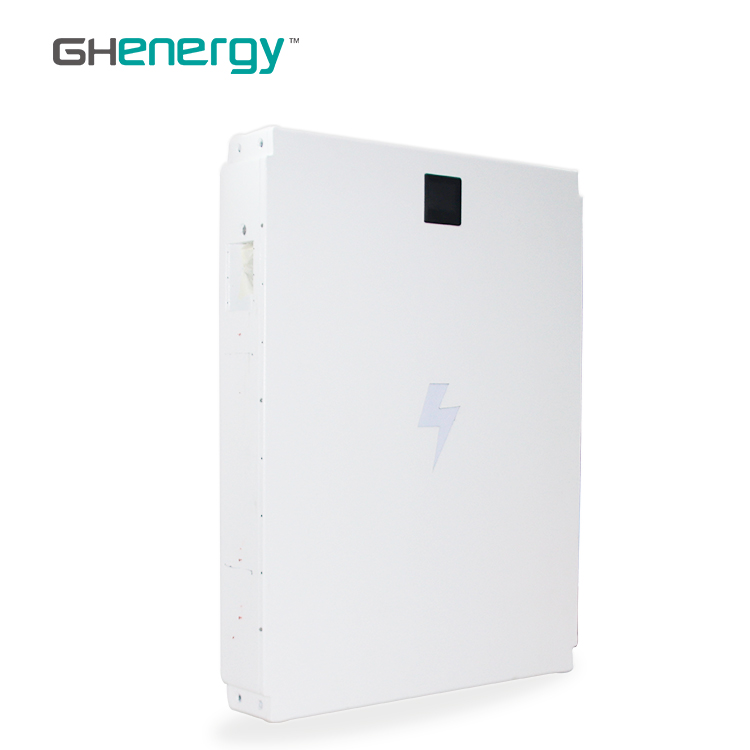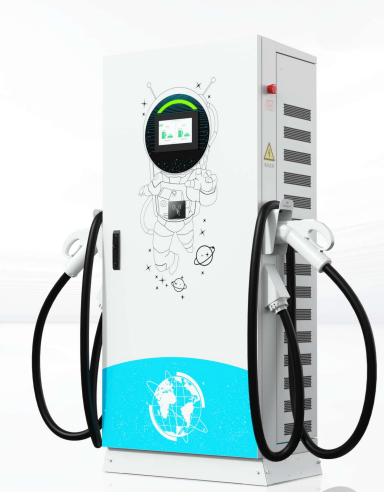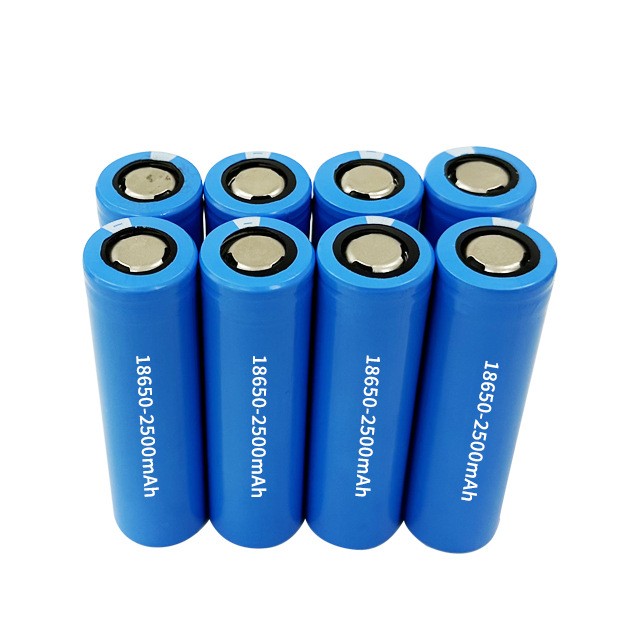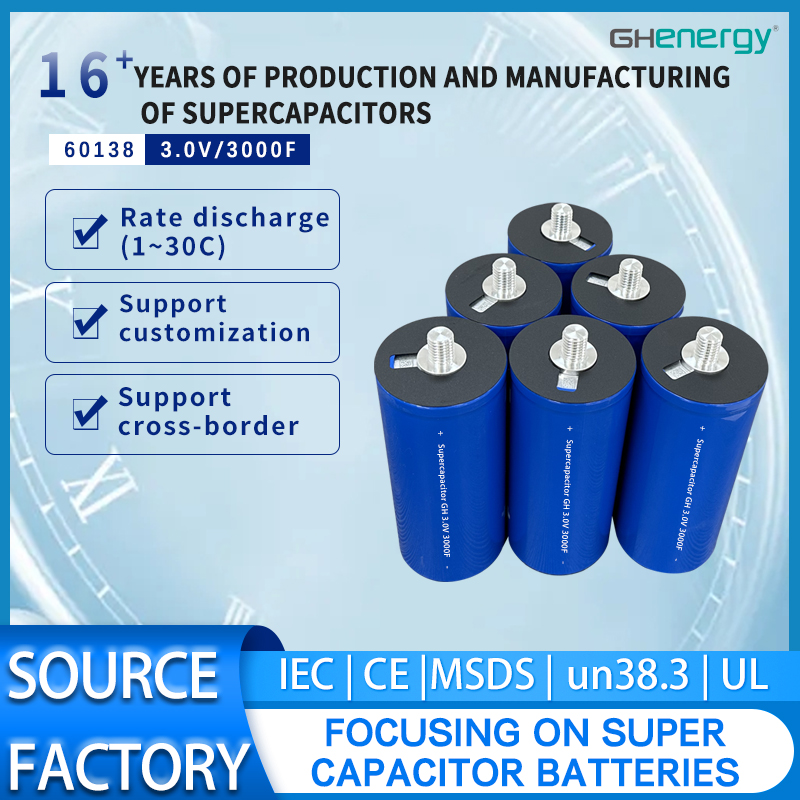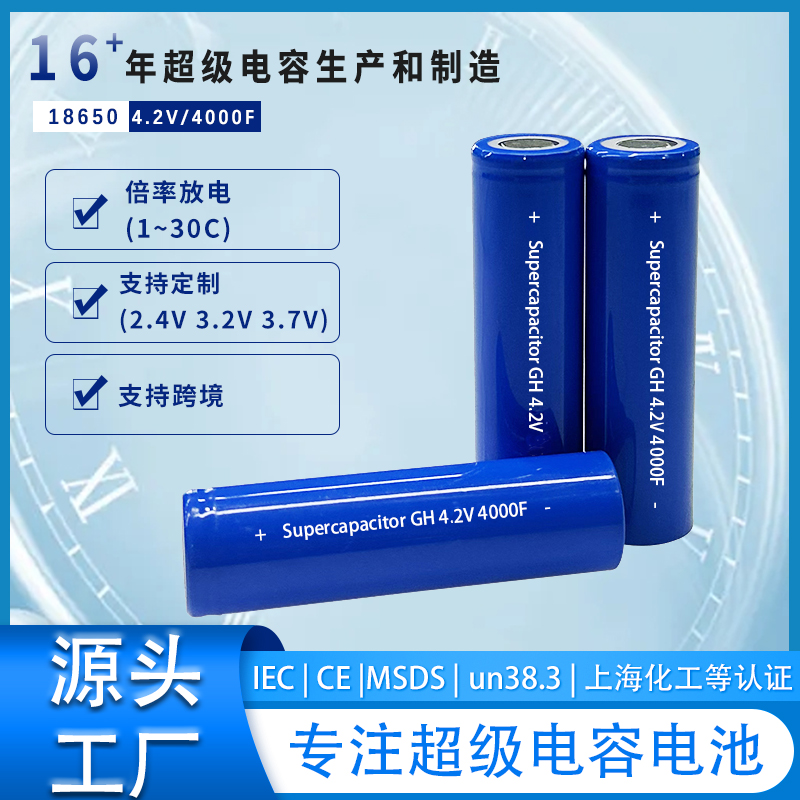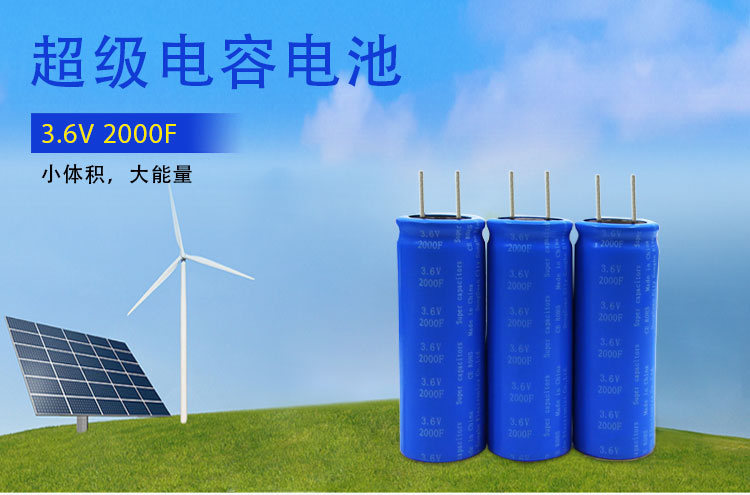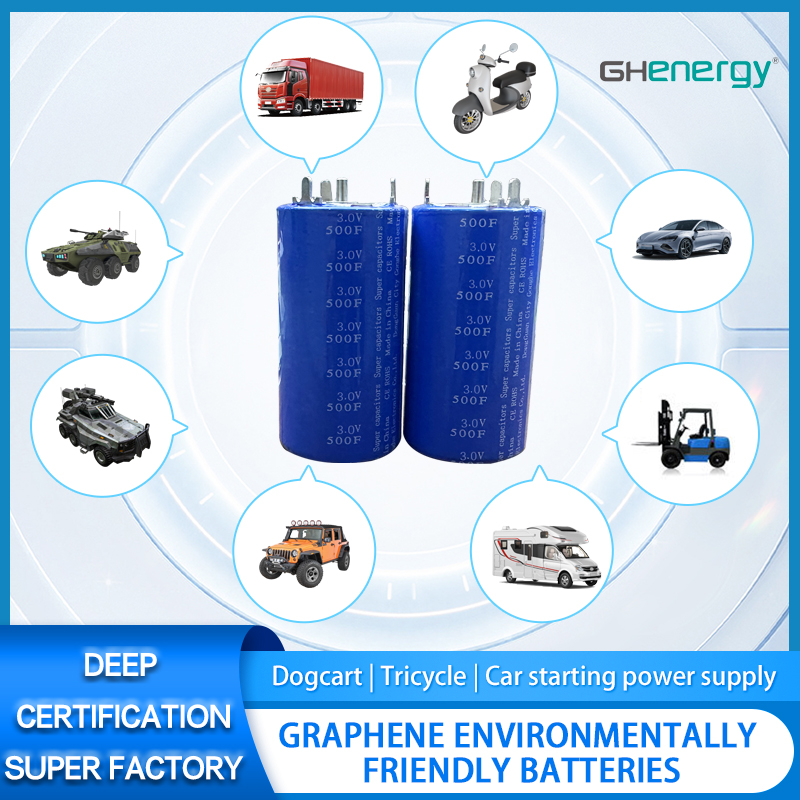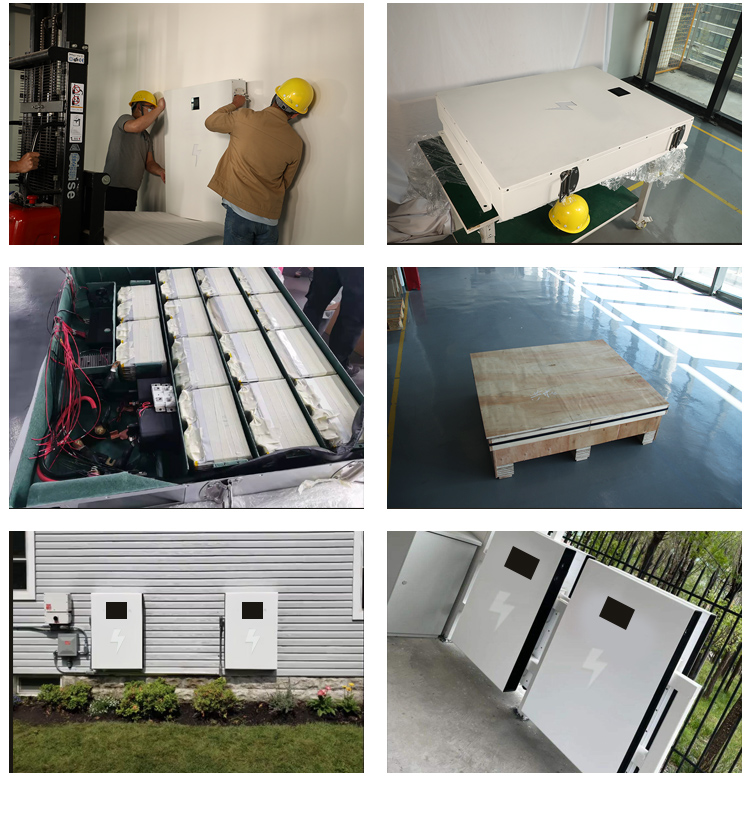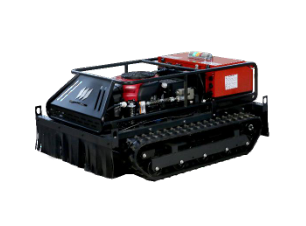Wedoany.com Report-Nov 20, Since the presentation of the first eCitaro, Daimler Buses has consistently fulfilled this promise with the switch from the NMC1 battery type to the second-generation NMC2, right up to the latest NMC3 battery type. The next step is now the switch to the fourth generation of lithium-nickel-manganese-cobalt batteries.
The new NMC4 battery generation—the successor to the current NMC3 technology—will combine a high energy density, which facilitates greater ranges in electric buses, and a very long service life. The new NMC4 batteries will be used in the eCitaro, eCitaro G, eCitaro K and eCitaro fuel cell from early 2026.
The NMC4 battery represents proven technology from the battery system expert BMZ Poland, a company belonging to BMZ Holding. It has already been manufactured in large-scale production for other applications since 2022, and BMZ is currently working together with Daimler Buses to enhance it for use in buses.
Unlike NMC3 batteries, the individual cells of the NMC4 battery are not cylindrical, but prism-shaped. Twelve cells make up each module, and 15 modules form a battery pack. The design of the NMC4 battery packs corresponds to that of the NMC3 battery model currently in use. The new battery generation is therefore compatible with the eCitaro in series production without any modifications to the vehicle. In the event that all battery packs in an existing eCitaro vehicle need to be replaced, even retrofitting is conceivable thanks to the compatibility between the NMC generations.
Due to change in the composition of the cell chemistry, the energy density in the NMC4 battery is nearly six percent higher compared to the NMC3, thus ensuring higher storage capacity with the same installation space. While a fully charged NMC3 battery pack contains 98 kWh of energy, the NMC4 battery has 111 kWh of energy. In addition, a higher proportion of the stored energy can actually be used for driving. Consequently, the possible ranges that can be achieved without recharging are also significantly increased.
Another important benefit for customers is the longer service life of the NMC4 battery and the resulting longer mileage of the eCitaro. Fewer battery replacements and less need for recycling contribute to sustainability and a reduction in the total cost of ownership (TCO) of the eCitaro.
The longer service life of the battery is achieved in part thanks to gentle, slow charging with a maximum charging capacity of 150 kW. However, the cell chemistry of the new battery is particularly beneficial during regular rapid charging processes with up to 300 kW charging capacity and can also impress with an extended service life in these applications. Daimler Buses is taking this opportunity to guarantee a service life of eight years for the new NMC4 batteries and to offer an optional extended warranty with a term of twelve years.
